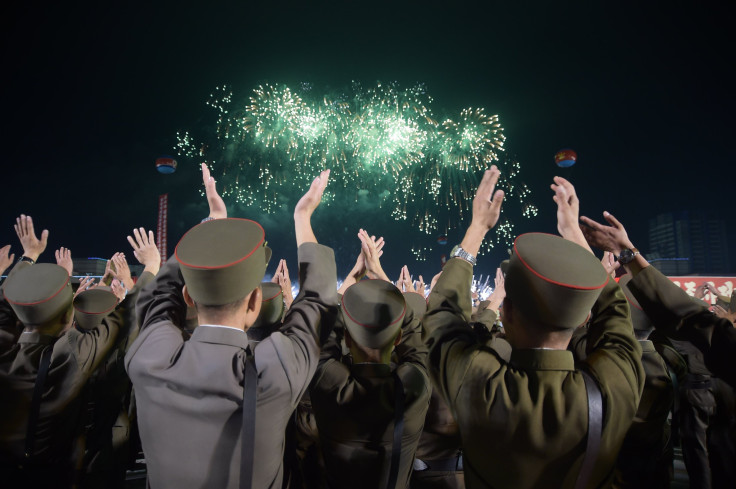North Korea Bans Drinking, Singing, Punishes Military Officials For 'Impure Attitude'

North Korean leadership has reportedly implemented a ban on any amusement activities, including drinking and singing parties, in the country, according to South Korea's spy agency, the National Intelligence Agency (NIS).
South Korea’s news agency Yonhap quoted the agency as saying the move was an attempt to "forestall a possible negative impact of the tightening international sanctions on public sentiment."
"[Pyongyang] has devised a system whereby party organs report people's economic hardships on a daily basis. It has banned any gatherings related to drinking, singing and other entertainment and is strengthening control of outside information," the NIS was quoted as saying during its briefing before the National Assembly's intelligence committee Monday.
The sanctions on the country by the UN Security Council came in retaliation to the North’s missile tests and alleged testing of a hydrogen bomb in August. The latest resolution against the country, according to Sputnik News, limited its refined petroleum product imports, banned joint ventures, textile exports, natural gas condensate and liquid imports. It also banned North Korean nationals from working abroad.
According to Yonhap, North Korea also took action against top military officials, including bureau chief Hwang Pyong So and deputy chief Kim Won Hong, in an inspection of the military politburo. This was done due to an “impure attitude toward the party leadership.” While it was reported that they were punished, it is not clear how they were disciplined.
The inspection was led by Choe Ryong Hae, the vice chairman of the Central Committee of the North's ruling Workers' Party.
Kim Byung-kee, a member of parliament of the ruling Democratic Party of South Korea, was quoted as saying by the agency: "We have been watching the situation as we have gathered such intelligence (on the punishment).”
This curtailment of amusement activities increases the restriction on the lives of ordinary North Koreans, who live in one of the world’s most repressive states , according to U.S. based NGO Freedom House.
The country is also facing a heath and humanitarian crisis, according to a Washington Post report. A United Nations report from March found that roughly 18 million people in North Korea were not getting enough food. News.com.au reported that the country spent more than 20 per cent of its annual GDP on the military despite millions of citizens suffering blackouts and a lack of adequate food.
A North Korean soldier who recently defected to South Korea by crossing the heavily guarded border was found to have dozens of parasitic worms, some as long as 11 inches, in his intestine.
According to the New York Times, others who defected to the South have also cited the existence of parasites and lack of nutrition. North Korea still relies on human excrement to fertilize its fields, helping parasites to spread due to lack of chemical fertilizers, experts said.
In Monday’s report, intelligence officers said they were also monitoring the North for signs of new missile launches to ratchet up the threats against the U.S. under the guise of space development.
“The agency is closely following the developments because there is a possibility that North Korea could fire an array of ballistic missiles this year under the name of a satellite launch and peaceful development of space, but in fact to ratchet up its threats against the United States.”
Meanwhile President Donald Trump on Monday announced plans to designate North Korea a “state sponsor of terrorism” for the first time since 2008.
© Copyright IBTimes 2024. All rights reserved.





















